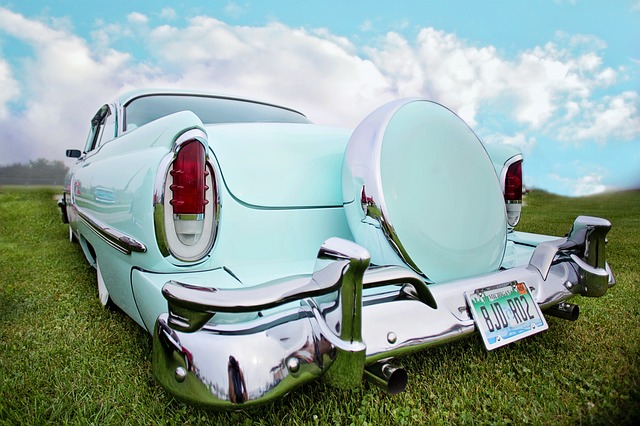Introduction
Many parents can relate to the struggle of a baby hating their car seat. The cries, screams, and tantrums that ensue can make car rides a stressful experience for both the baby and the parents. But when do babies grow out of hating their car seat? In this article, we will explore this question and provide some insights into the factors that contribute to a baby’s dislike for their car seat.
Understanding the Dislike
It is important to recognize that a baby’s dislike for their car seat is not a personal vendetta against the seat itself. Babies are highly sensitive and can be easily overwhelmed by new experiences, including being strapped into a car seat. The discomfort they feel may be due to a variety of reasons, such as the unfamiliarity of the seat, the restrictive feeling of being strapped in, or even motion sickness.
Age and Development
One factor that can influence when a baby grows out of hating their car seat is their age and developmental stage. As babies grow older, they become more accustomed to their surroundings and develop better control over their bodies. This increased familiarity and control can help reduce their discomfort in the car seat.
Around the age of 6 to 9 months, babies start to develop better head control, which can make them feel more secure in the car seat. Additionally, as they become more mobile and start crawling or walking, they may find the car seat less confining and begin to tolerate it better.
Comfort and Fit
Another important aspect to consider is the comfort and fit of the car seat. Babies may dislike their car seat if it is not properly adjusted or if it does not provide adequate support. It is crucial for parents to ensure that the car seat is correctly installed and that the straps are adjusted to fit the baby snugly but not too tightly. A poorly fitting car seat can cause discomfort and make the baby dislike being in it.
Distractions and Entertainment
Sometimes, babies simply need a distraction or some form of entertainment to make car rides more enjoyable. Providing toys, music, or engaging with the baby through conversation or singing can help divert their attention and make the car seat experience more pleasant. As babies grow older and their attention span increases, they may become more interested in the world outside the car window, which can also help alleviate their dislike for the car seat.
Gradual Exposure and Positive Reinforcement
Gradually exposing babies to the car seat and associating it with positive experiences can also help them overcome their dislike. Taking short trips initially and gradually increasing the duration can help babies become more comfortable with the car seat. Additionally, praising and rewarding the baby for staying calm and content in the car seat can reinforce positive behavior and make them more willing to tolerate it.
Conclusion
While there is no specific age at which babies universally grow out of hating their car seat, several factors can contribute to their increased tolerance and acceptance. Age and developmental milestones, comfort and fit of the car seat, distractions and entertainment, as well as gradual exposure and positive reinforcement all play a role in helping babies overcome their dislike for the car seat. Patience, understanding, and providing a supportive environment can go a long way in making car rides a more enjoyable experience for both babies and parents.
References
– www.parents.com
– www.babycenter.com
– www.carseat.org











